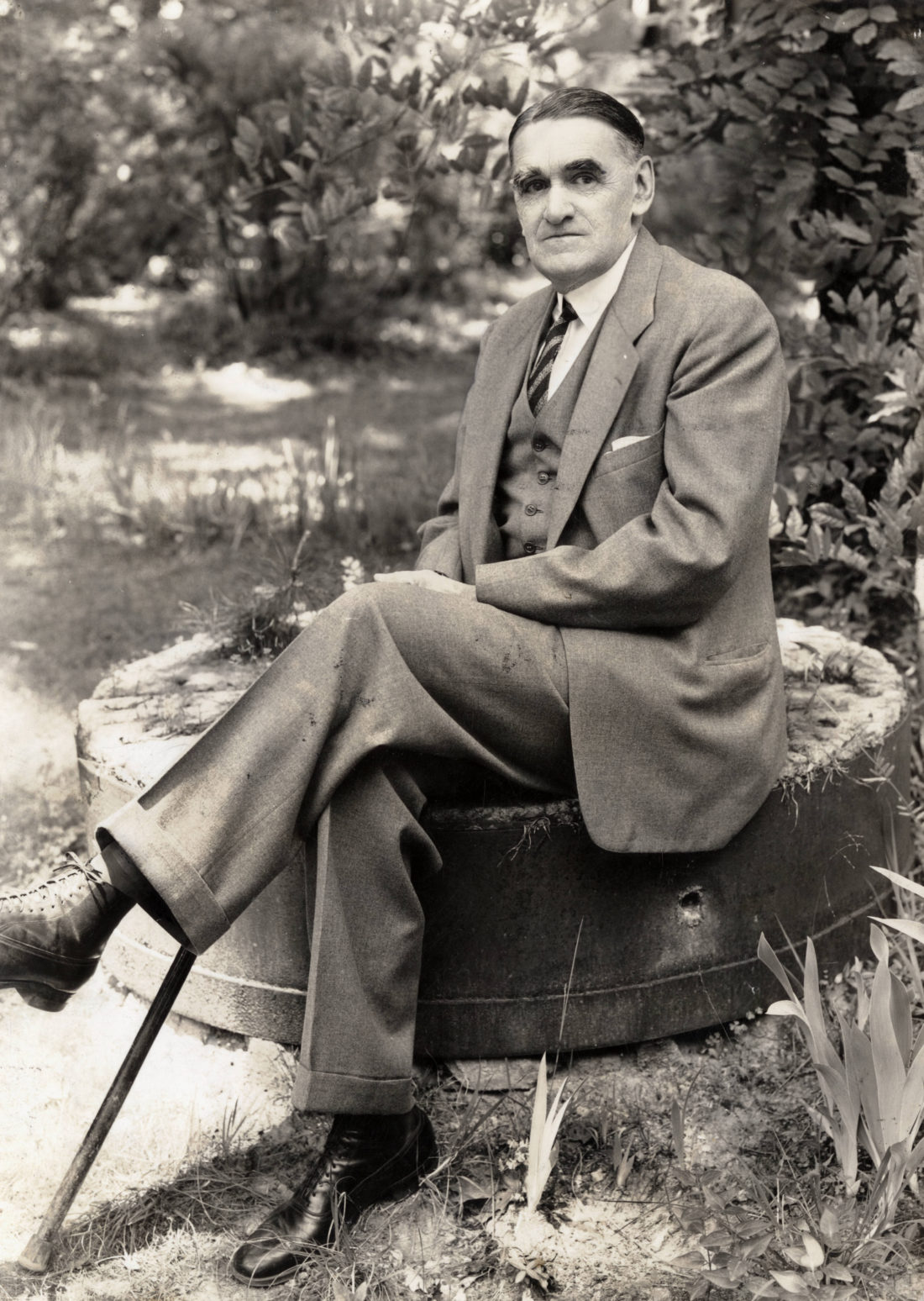In the summer of 1923, community leaders were eager to launch a five-year advertising campaign to promote Western North Carolina to tourists and industries alike. The initiative resulted in the formation of a nonprofit creatively named Western North Carolina Inc. To fulfill its goal, the organization said it would need to raise $25,000 (or roughly $380,525 in today’s currency) per year through subscriptions.
On June 3, The Sunday Citizen reported that Col. Joseph Hyde Pratt would lead the project. Having served as the director of the N.C. Geological and Economic Survey since 1905, Pratt was “a man peculiarly fitted through years of experience and intimacy with Western North Carolina to pilot such a coordinating force with discretion, wisdom and efficiency,” the paper wrote.
Throughout the remainder of the year, the newspaper continued to promote the initiative.
On Sept. 14, 1923, The Asheville Citizen declared:
“Western North Carolina, Inc., will mean more smokestacks in the 25 mountain counties of the association. It will mean common counsel and action as never before between the farmer and the townsman. It will mean, eventually, ten tourists in these mountains for each one here this season. It will mean better markets for local produce and therefore more bank accounts for the farmer, the dairyman, the poultry fancier. It will, therefore, augment the buying power of all Western North Carolina; and enlarged buying power means a higher standard of living, a more desirable life for every individual in every group of Western North Carolina’s population.”
Despite these claims, the general public did not respond with great enthusiasm. Fundraising was slow to take off, leading city officials and merchants alike to add their voices to the sale’s pitch.
In a written appeal to city residents, published in The Asheville Citizen on Sept. 18, 1923, Mayor John H. Cathey wrote, “If you subscribe liberally today you will not regret it.”
In the same day’s paper, an editorial reminded readers that the Asheville Merchants Association supported Western North Carolina Inc. The group, the paper asserted, “is not composed of men given to chasing rainbows and will-o’-the-wisps.”
By mid-October, with community buy-in still lagging, The Asheville Citizen’s editorial section delivered a harsher appeal to its readers. In an Oct. 12 piece, the paper wrote, “Though a plan of action may be carefully conceived and based upon the soundest reasoning, it is worthless unless it is supported by the determination and labor of men, individually and collectively.”
That same month, advertisements began appearing in the paper encouraging residents to support the new initiative. “Without enthusiasm the progress of putting this section into the minds and hearts of the world, will wear leaden feet,” one ad read. Quoting the philosopher and poet Ralph Waldo Emerson, the pitch continued: “Every great and commanding movement in the annals of the world is the triumph of enthusiasm.”
By November, Western North Carolina Inc. received the boost it needed when Edith Vanderbilt, wife of the late George Washington Vanderbilt, signed on as the nonprofit’s vice president.
“Mrs. Vanderbilt is invariably a volunteer for victory,” the paper declared on Nov. 18, 1923. The value of her participation, the article continued, “is incalculable. It puts at once an additional stamp of worth and solidity upon the new organization.”
With money on hand, 1924 marked the official start of the nonprofit’s operation. The organization’s purpose, The Asheville Citizen reminded readers on Jan. 6, was “to put this section on the map.” The group’s leaders, the article continued, “desire to make [Western North Carolina] not only nationally, but internationally famous.”
Throughout 1924, Pratt remained busy traveling to promote the area as well as hosting a number of visiting groups. A summary of the organization’s first-year efforts, published on Feb. 22, 1925, in The Sunday Citizen, reported that the nonprofit had distributed over 24,000 pieces of literature advertising the region and had hosted 598 office conferences.
The intense workload appeared to burn Pratt out. By March 1925, due to reported health concerns, he resigned. Rather than continue the nonprofit, the group’s board decided to merge Western North Carolina Inc. with the Asheville Chamber of Commerce.
In a March 19, 1925, editorial, The Asheville Citizen praised the “inestimable value” Pratt brought to the organization. “The merger with the Chamber of Commerce,” the paper continued, “should bring new strength into the execution of plans already well mapped out.”
Editor’s note: Peculiarities of spelling and punctuation are preserved from the original documents.




Many thanks for this valuable piece of local history. Fascinating and important perspective on the history of our tourist economy.
So it’s THIS GUY’S fault! Finally. Was it him who coined the term “Miami Beach of the Mountains” to describe Asheville?